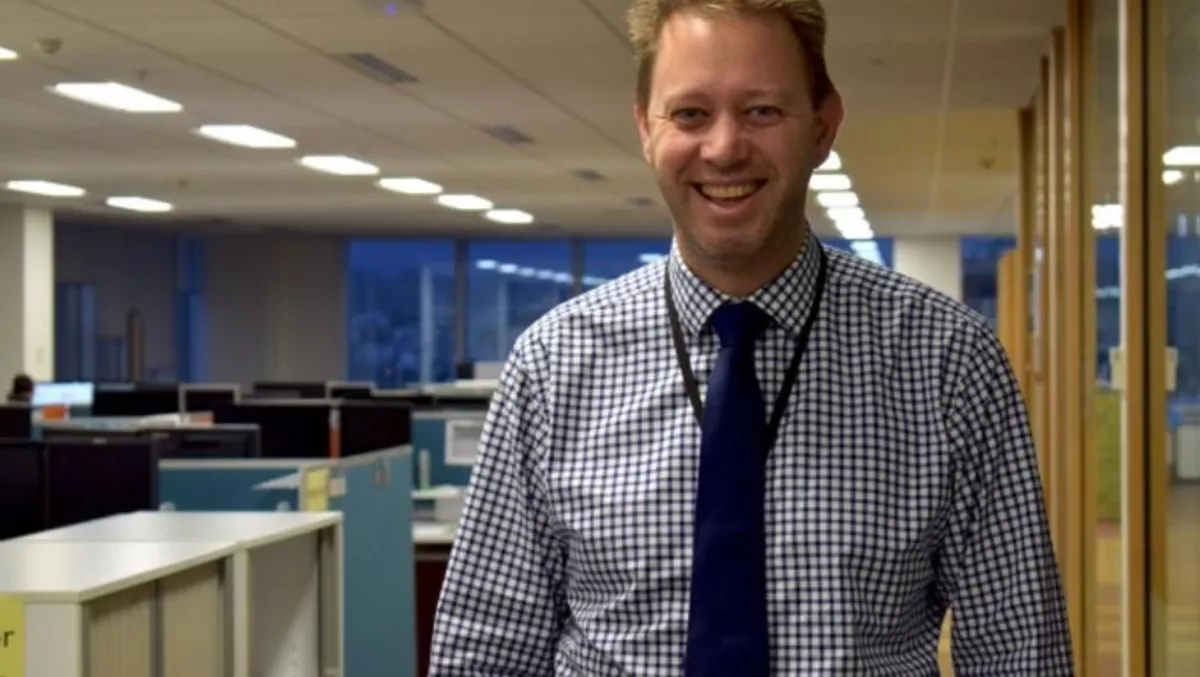
Inland Revenue: Moving to accounting software will save you time and money
Inland Revenue says businesses that switch to accounting software in a number of ways –particularly time and money.
And although Inland Revenue gets a few raised eyebrows when it promotes accounting software to small businesses, customer segment manager Richard Owen says there are definite transformative benefits for those who need to meet tax obligations.
Inland Revenue even went to the market to put its thoughts to the test: In a survey of customers already using accounting software, 90% found the transition to software 'easy' and 81% said they spend less time managing their tax.
With time and money savings on their side, Owen believes there's a compelling case to make the switch to software and ease the pressure to meet tax obligations.
"We are creating future services that are designed to simplify the ways a customer interacts with the tax system. Many of these initiatives will be further enhanced when accounting software is used as the technology will link directly with our systems, which makes doing your accounts and paying your tax a smoother process," Owen says in a blog.
"Many businesses and their accountants currently manage their books across two systems – they might have a spread sheet to record all their activity and then have to copy much of that information across to myIR in order to file their taxes.
A couple of these processes have already been linked to software: one is the calculation and filing of GST – the other is a provisional tax option called the Accounting Income Method, or AIM.
From April 2018, businesses have been able to use AIM through software including MYOB, Reckon, and Xero.
Owen says this integrates into a business's usual processes to minimise the underpayment or overpayment of provisional tax payments. Businesses only need to make a payment when it is making a profit.
"AIM is quite clearly a game changer for provisional tax but we don't expect customers to rush to it straight away. People will look at what their peers are doing and how it's working for them first – but we believe momentum will build up," Owen says.
From April 2019 most businesses will need to comply of mandatory payday filing of all employment information, including PAYE, student loan deductions, and Kiwisaver.
Owen says the equivalent of employer monthly schedules will need to be submitted when businesses pay employees.
"Software users will have the capability to file directly to IR, which removes that extra compliance step," Owen continues.
While some businesses have already adopted payday filing, those who haven't should start thinking about how they can make it part of their business practices before it becomes compulsory.
Owen says businesses should talk to their software or payroll providers to seek help.
"We are working to integrate tax into everyday business practices to make compliance quicker and easier and the technology helps us achieve this," Owen concludes.


